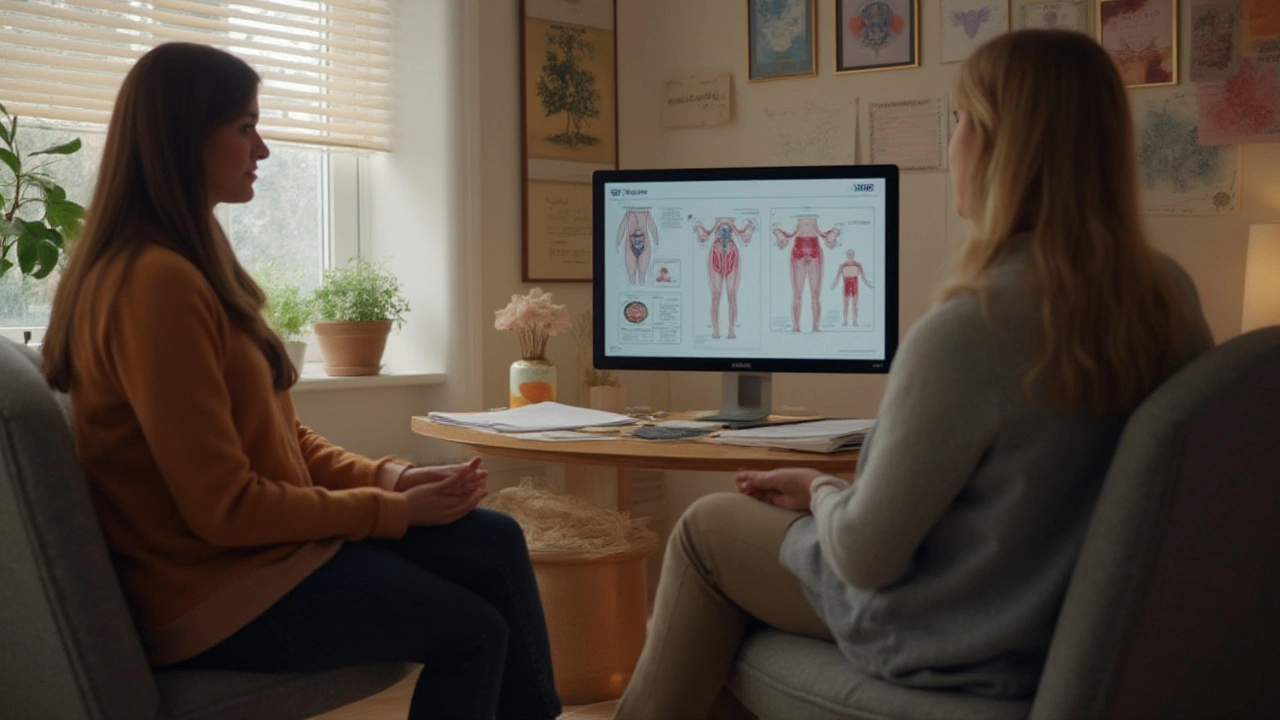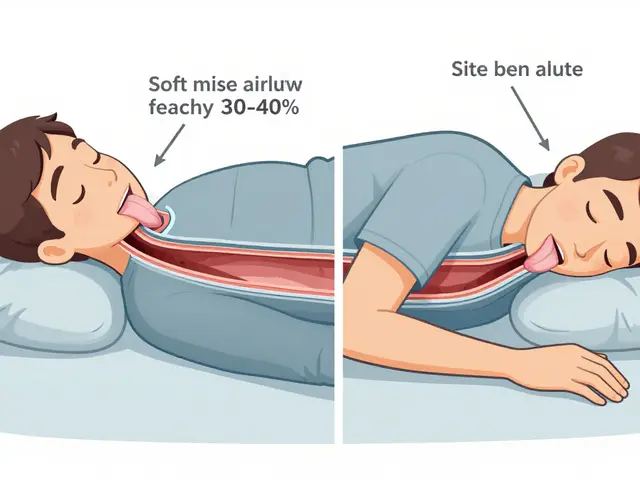Can You Get Pregnant Without Ovulating?
Short answer: no. Pregnancy needs an egg to meet sperm. Ovulation is when an ovary releases a mature egg that can be fertilized. If no egg is released, sperm has nothing to fertilize and pregnancy cannot start. That said, people often confuse bleeding, spotting, or irregular cycles with normal ovulation, and that causes worry and myths.
Why people think it's possible
Some common situations make pregnancy seem possible without ovulation. For example, bleeding that looks like a period can actually be ovulation spotting or hormonal spotting while ovulation did happen. Also, sperm can live inside the reproductive tract up to five days, so sex before an early ovulation can result in pregnancy. Misread fertility test results and irregular cycles add to the confusion.
When ovulation doesn't occur
Sometimes ovulation truly doesn't happen. Conditions that cause anovulation include polycystic ovary syndrome (PCOS), high stress, major weight loss or gain, breastfeeding, perimenopause, thyroid problems, high prolactin, and some medications. There is also a condition called luteinized unruptured follicle syndrome where the hormone signals occur but the egg is not released. In these situations, pregnancy won't occur without medical help.
Want to know if you ovulate? Track your cycle. Look for a consistent change in basal body temperature, clear stretchy cervical mucus, and use LH ovulation predictor kits. A late or absent period plus negative ovulation signs could mean anovulation. If you want to conceive and suspect you are not ovulating, see a doctor. They can run blood tests (FSH, LH, TSH, prolactin), do ultrasound monitoring, and recommend treatments like lifestyle changes, letrozole, clomiphene, or fertility clinic options.
If you are under 35 and haven't conceived after one year of trying, or if you are over 35 and haven't conceived after six months, talk to a fertility specialist. Also see a doctor sooner if your cycles are very irregular, you have no periods at all, or you have symptoms like excess hair growth or sudden weight changes. Getting tested helps remove guesswork and lets you start the right treatment faster.
Quick tips: track cycles for three months, use ovulation kits, avoid extreme dieting, manage stress, and see a clinician if results are unclear. If you need contraception, remember that not ovulating can still be unpredictable — use reliable birth control if you want to avoid pregnancy. Knowing how ovulation works clears up myths and helps you make better choices about fertility and health.
If tracking at home is confusing, ask your clinic for help. They can run timed ultrasounds to watch follicles grow and confirm ovulation. Prescription options for inducing ovulation include letrozole (first-line for many) and clomiphene; both need monitoring. For high prolactin or thyroid issues, treating the underlying condition often restores cycles. Lifestyle changes matter: aim for steady weight, moderate exercise, and sleep. Smoking and heavy alcohol can hurt fertility. Keep a simple log of dates, symptoms, and test results — that single page of data speeds up diagnosis. Talk openly with your clinician early.





